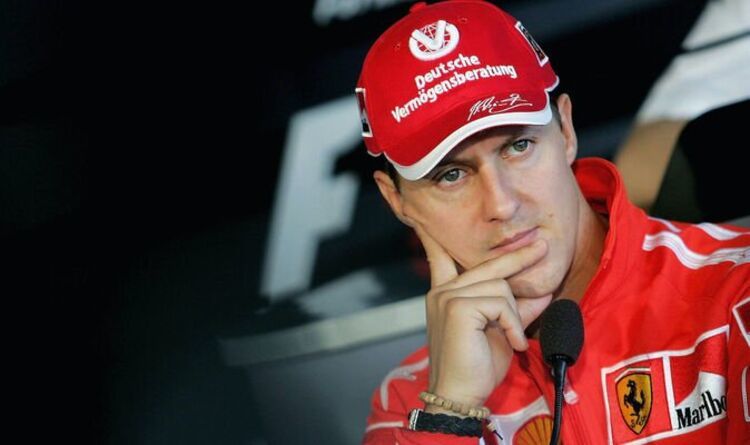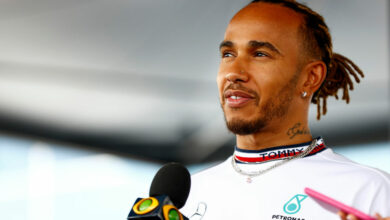How Michael Schumacher’s Legacy Influenced Max Verstappen’s Dominance Over Teammates
In a recent revelation, Michael Schumacher’s impact on Max Verstappen’s Formula 1 career has been highlighted, tracing back to the influence on Max’s father, Jos Verstappen. This has resulted in Max’s unyielding determination to be the top driver within his team, shaping his approach from the very start of his F1 journey.
Key Takeaways:
- Jos Verstappen’s Observations from 1994: Jos Verstappen, while racing alongside Michael Schumacher at Benetton, perceived that Schumacher received preferential treatment due to his superior skills. This perception left a lasting impact on Jos, influencing his advice to his son, Max Verstappen.
- Graham Watson’s Insights: Former F1 team manager Graham Watson noted Jos’s feelings of unequal treatment at Benetton, contributing to Max’s deep understanding of the importance of outperforming his teammate first in order to become the team’s focus.
- Max Verstappen’s Career Strategy: Throughout his career, starting with Toro Rosso in 2015, Max Verstappen has consistently demonstrated a fierce competitiveness against his teammates, including Sergio Perez, emphasizing the principle of ‘first beat your teammate, then win the title.’

Michael Schumacher’s legacy in Formula 1 extends beyond his own impressive career. It has indirectly shaped the careers of future drivers, including Max Verstappen. The influence began early in Max’s career, rooted in the observations and experiences of his father, Jos Verstappen, during his time racing alongside Schumacher at Benetton in 1994. Jos believed Schumacher received better treatment as he was considered a superior driver. This belief was echoed by Graham Watson, a former F1 team manager, who recognized Jos as a “gifted driver” but felt he did not receive fair treatment in the team.
Speaking to Dutch magazine Formule1.nl, Watson stated, “I think that Jos [Verstappen] felt that Michael Schumacher had better material and was favoured. I had the impression that Jos had difficulties accepting that, because he also was a very gifted driver.”
This sentiment played a crucial role in shaping Max Verstappen’s approach to his Formula 1 career. From his debut with Toro Rosso in 2015, where Watson was the team manager, Max demonstrated an unwavering focus on being the leading figure within his team. Watson observed, “Flavio had a strong bond with Michael, both sporting-wise and personal. That’s why I think Jos imprinted on Max very early on, that the first thing that you have to do is destroy his teammates. And we have seen that in recent years. It has to be your team, you have to be the man around whom it revolves. I’m convinced that you now also see this with Max: first beat your teammate, then win the title.”
This strategy has been evident in Max Verstappen’s recent performances, particularly in his dynamic with teammate Sergio Perez, where he has consistently outperformed Perez over the past three years. Watson’s final remark underlines the impact of Jos’s experience at Benetton on Max’s philosophy: “To this day, I don’t think that Jos got a fair treatment at Benetton. And that has partly ensured that Max understands that aspect of the sport very well: he does not need better equipment, he wants the same equipment, talent will do the rest.”
In summary, Max Verstappen’s approach to Formula 1, prioritizing dominance over teammates and focusing on equal treatment within the team, is a direct result of the lessons learned from his father’s experiences with Michael Schumacher and Benetton. This strategy has not only defined Max’s career but also pays homage to the intricate dynamics and lessons from the past generations of F1 racing.


